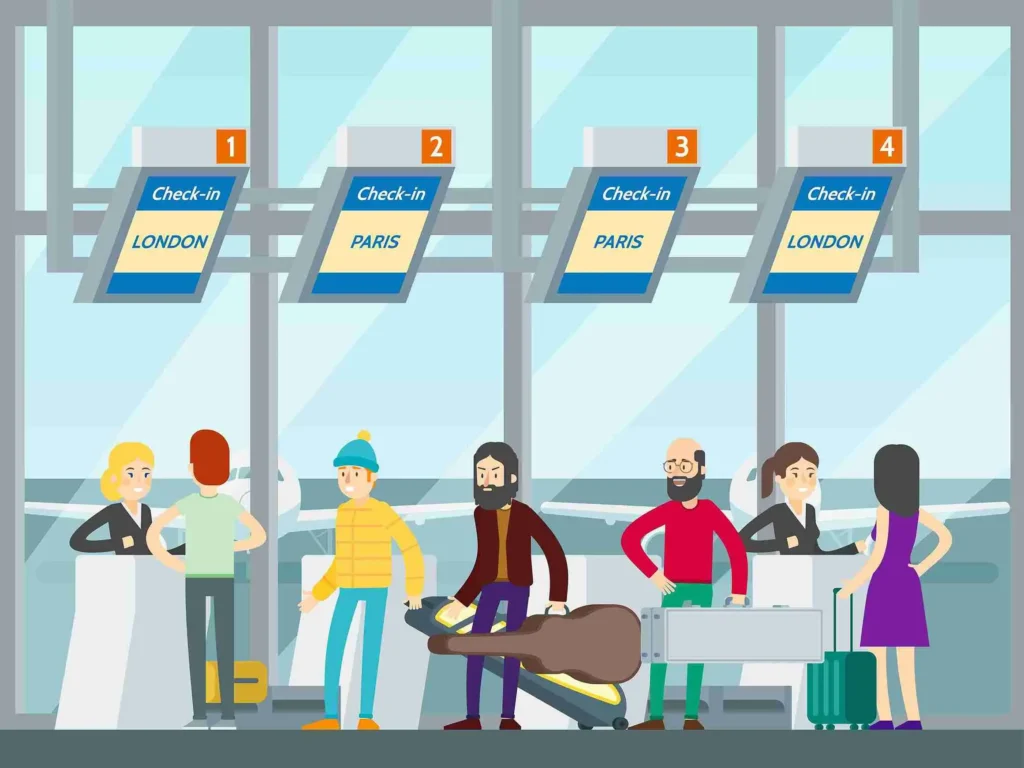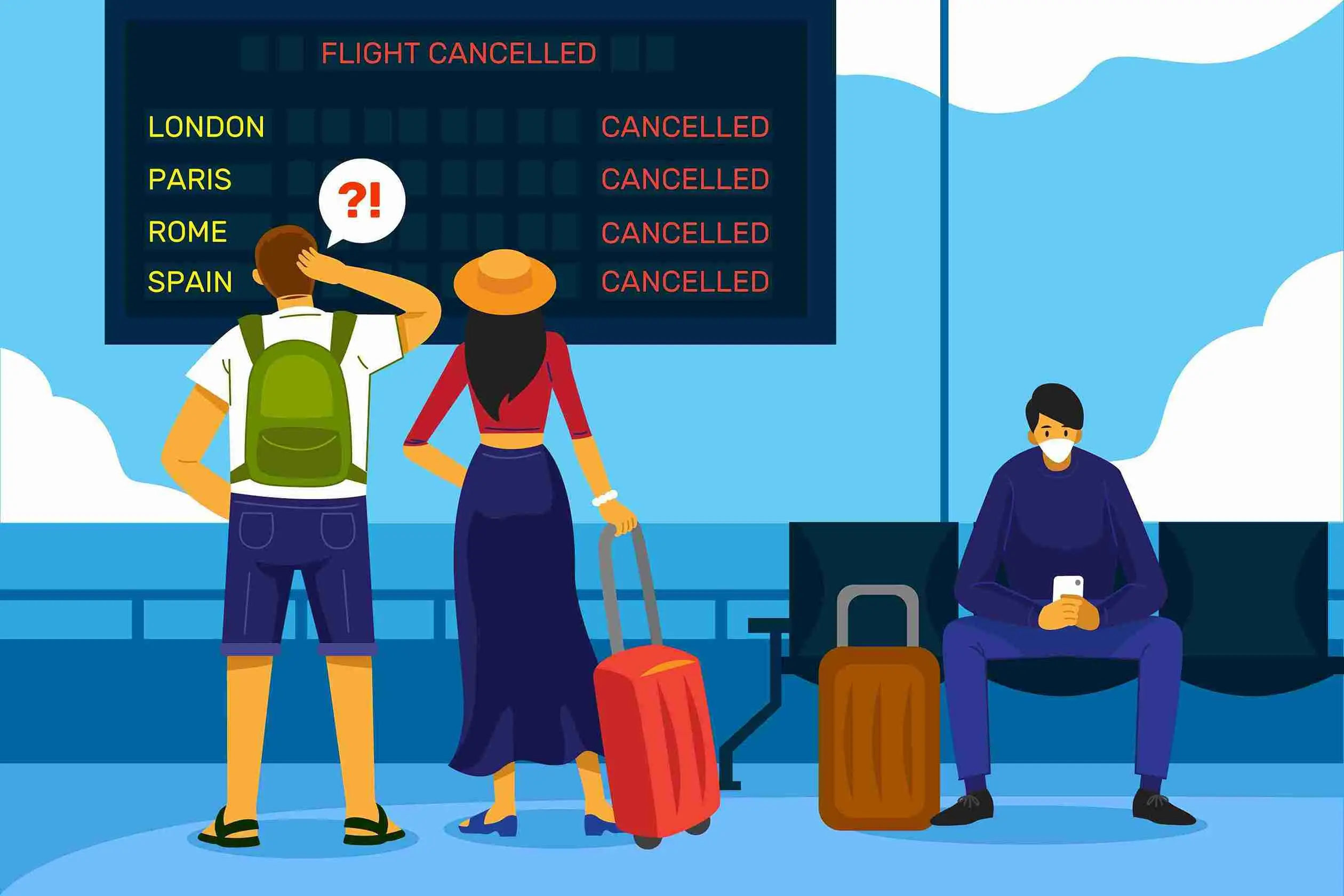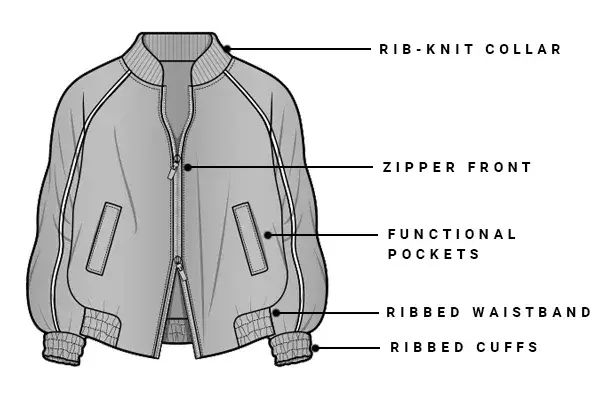Traveling internationally, especially for sensitive or official work, is more than simply booking hotels and flights. If you have access to sensitive or classified information, it is also the requirement for mandatory training. This includes, in particular the defense informed foreign travel briefing. Knowing what and why you need to get this briefing is essential not only for compliance as well for your own safety as well as national security.
What is a Defensive Foreign Travel Briefing?
A briefing on defense for foreign travel is a required security course offered to those that travel abroad and are able to access sensitive or classified government information. The briefing helps them identify the signs, avoid them, and react to security risks that may arise like surveillance, attempts to recruit, theft and spying.
Purpose of the Briefing
Be aware of threats to the world
Learn best practices in security to foreign travelers
Secure sensitive and classified information
Conform to guidelines of the government and agencies.
The security briefing for foreign travel assures that travelers have the knowledge and tools needed to manage themselves effectively and safely while abroad.
When is a Defensive Foreign Travel Briefing Required?

1. Before Official Government Travel
Anyone who travels overseas on behalf of government officials of the U.S. government, particularly those who are involved in defense or national security should be given a security briefing on foreign travel before departure.
2. When Access to Classified Information is Involved
If you are currently privy to sensitive or classified information, you’re legally required to attend a foreign travel briefing prior to traveling internationally, regardless of whether it is a personal trip.
3. Traveling to High-Risk Countries
In countries with a high risk because of political instability, terrorist attacks, or other espionage activities increase the chance of being a target. In these situations it is mandatory to attend a briefing regardless of the purpose for which you travel.
4. Annual Travel or Frequent Travelers
Frequent travelers may require regular updates or repeated briefings particularly if they travel to more than one country within the same year, or if levels of threat fluctuate.
5. Upon Employer or Agency Policy
Some organizations may have internal policies that require for the need for a security briefing for foreign travel for travel involving sensitive equipment or data or with officials with high rank.
Who Needs to Take the Briefing?

- Federal employees who have access to classified information
- Personnel from the military
- Contractors from the government
- Intelligence agency staff
- employees of private companies handling government information
Even if you don’t have physical documents that are classified or have access to knowledge of sensitive data or programs you’re still at risk and need to be informed accordingly.
What Does the Briefing Cover?
Threat Recognition
- Common techniques employed by foreign intelligence agencies
- Surveillance detection techniques
- Social engineering warning signs
Travel Safety Tips
- Secure devices and data
- Safe hotel practices
- Security of communication while traveling
Incident Reporting
- What is the best way to report suspicious activity?
- Procedures for lost or stolen devices
Cultural Awareness
- Knowing local customs
- Avoiding behavior that draws attention
Why It’s Important
The failure to attend a defensive briefing for travel to foreign countries could lead to disciplinary action or a suspension of security clearance or expose you at risk to one’s own personal safety. Additionally is the risk that sensitive national data could be in the improper hands.
Knowing the necessity for these briefings is a way to build a stronger national security mindset among the government’s personnel and contractors.
How to Get a Defensive Foreign Travel Briefing

Briefings are usually provided by:
- Security officers and Facility security officers (FSOs)
- Departments of human resources or training
- Online through secure portals of agencies
Some organizations also offer sessions in person, which could include role-playing, case studies and even simulations of threats.
Renewal and Updates
A defense-informed foreign travel briefing isn’t always a once-only necessity. You may need:
- Annual renewal if you travel regularly
- Updates specific to the country when you visit new destinations
- Debriefinags after travel to share experiences or collect feedback
Best Practices Before and During Travel

Before Travel
- All required security briefings must be completed.
- Make sure you share your travel plans with your travel agent
- Be careful not to discuss sensitive topics even with coworkers
During Travel
- Do not use Wi-Fi that is insecure.
- Lock devices in hotel safes
- Be wary of strangers who appear to be friendly
What Happens If You Don’t Comply?
Failure to comply can have severe consequences:
- Security clearance revoked
- Travel authorization denied
- Discipline or termination
It’s not about just following regulations, it’s about securing careers, lives as well as national interests.
Conclusion:
A defense-informed foreign travel briefing is an important step for anyone who travels abroad having access to confidential information. This not only safeguards the national interest but also guarantees your security. If you’re a government worker or contractor, or a military personnel, knowing when and where to receive this information is vital. Be informed, be well-prepared, and treat every journey as seriously as the documents you carry.
FAQs: About Defensive Foreign Travel Briefings
1. Do I require an international travel safety report for vacation travel?
If you are a holder of security clearances or are working with sensitive government information and data, you might still require an explanation, even for travel.
Q2 What is the length of time that the document is valid?
Typically, the information is valid for a year, but this could be different depending on the agency or employer policy.
Q3: Is this briefing accessible on the internet?
Many agencies provide secure online briefings. However, some might require an in-person presence dependent on the degree of security.
Q4: Who will conduct the briefing?
Security personnel, also known as FSOs or designated trainers for the agency are usually responsible for conducting the briefing.
Q5: What should I do if I did not finish the briefing?
Notify your security personnel immediately. Not having a security briefing could have grave consequences.
Q6: Do contractors have to be present?
Yes, contractors who have access to classified or sensitive information must also be briefed.










Leave a Comment